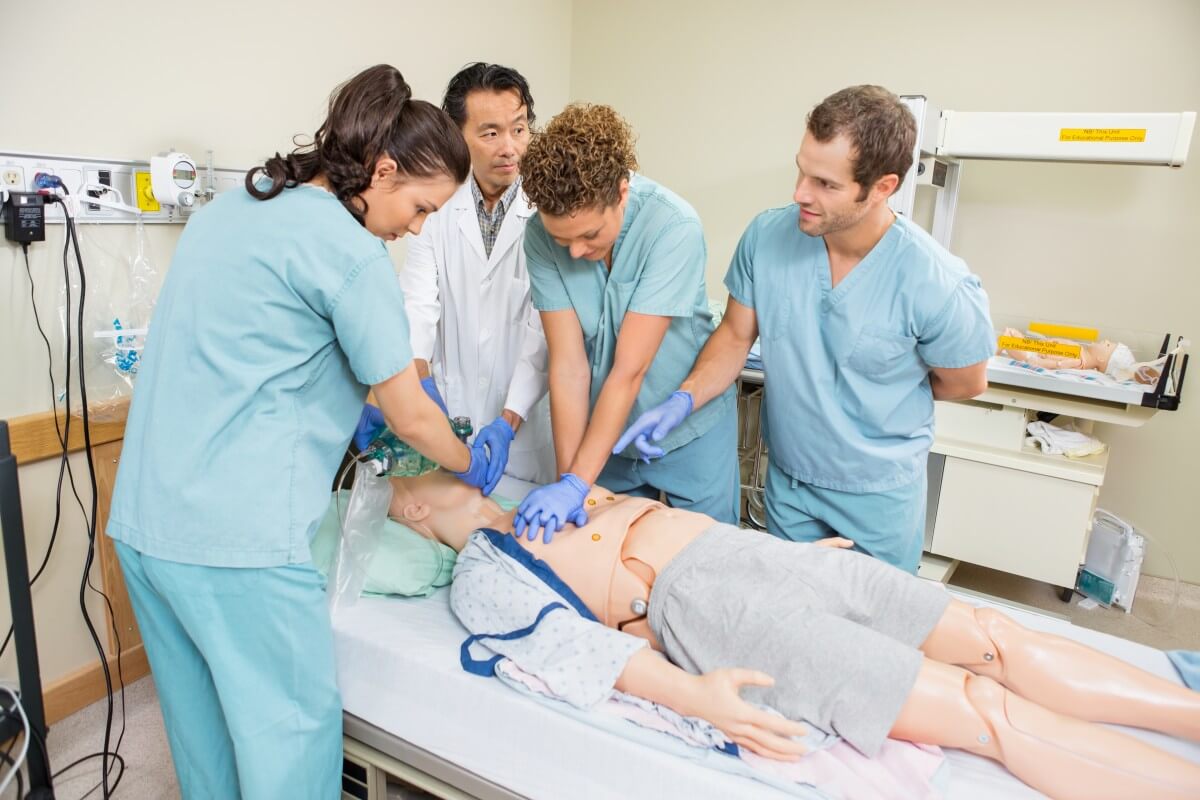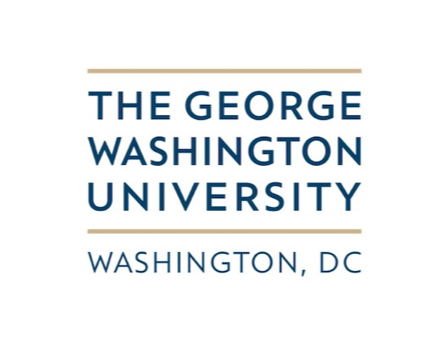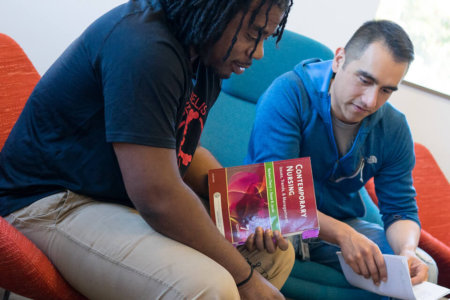The George Washington University (GWU) School of Nursing is celebrating its 10th anniversary.
To pay homage to the university’s nurse training legacy and its prior military experience, associate professor Catherine Cox and other faculty members discuss how GWU’s commitment to veterans is diversifying the field.
“The veterans initiative brings in new students with valuable and rare skill sets and is helping the university better understand those who have served and what they can offer,” said Cox.
The Bachelor of Science in Nursing (BSN)
Coordinator of this initiative Gretchen Wiersma also sheds light on the school’s longstanding commitment to veterans education.
“Students with prior military experience bring a worldly perspective to their studies, and they are used to working under pressure,” said the former US Army Nurse.
“They don’t stress out about the same things other students do.”

Source: Shutterstock
Serving those who served
The GW School of Nursing acknowledges the challenges that students with a military background face.
Associate professor of nursing Mary Jeanne Schumann said that students who are veterans tend to stay silent rather than speak up and they often want to be told what is necessary to complete an assignment.
Therefore, they stick to the “Yes, sir” and “No, sir” mentality without challenging their peers.
It is also a group that supports each other. If someone struggles, others make time for that person on nights or weekends to help their colleague get back on track.
“They leave no one behind,” Dr. Schumann said.
This history of working well with veterans has been a calling card of GW Nursing since the beginning.
And when the school secured a grant from the Health Resources and Services Administration (HRSA) in 2014, the school launched a suite of support services and initiatives to better help those with military experience succeed in the Bachelor of Science in Nursing (BSN) programme.
If students wanted, the school would also help them to transition to a civilian career and life.
These HRSA-funded initiatives have been extremely successful for GW Nursing and its students. The 150+ student veterans it has attracted since 2014 represent a larger cohort than those at other colleges receiving similar HRSA grants.

Source: Shutterstock
According to Dr. Schumann, that’s because GW Nursing marshalled resources and personnel on a school and university-wide level to help eliminate barriers for the students and to help them succeed.
First, GW created a “public face” for the programme, so applicants could contact an admissions staff member who was well accustomed in the complexities of applying from the military.
“They had a button to push and a person they could reach out to for expert advice,” Dr. Schumann said.
Veterans also had the option to apply for the accelerated BSN programme, but they must have 60 prior credits — including prerequisites in areas such as anatomy and physiology, microbiology, nutrition and statistics — to enter.
Where nursing experience is valued
GW Nursing helps applicants with military experience by counting their training and coursework toward prerequisite fulfilment. Many applicants were corpsmen or licensed practical nurses and may have taken anatomy and physiology as part of their training.
GW considers advice from institutions like the American Council on Education (ACE) when it looks at applicant transcripts and determines what meets prerequisite requirements.
“For many students, this is a huge benefit, because it’s at a cost for them in time and money to retake something they already took and have been practising,” Dr. Wiersma said.
The students, whom Dr. Cox calls “military nursing students”, bring a unique skill set to the nursing classroom.
“They tend to be a little bit older, a little bit more experienced. They usually have a global view and bring life experiences to the classroom,” said Dr. Cox.
By supporting and encouraging military nursing students, GW is diversifying the nursing profession.
According to recent data gathered by GW Nursing, 23% of the BSN student veteran population are male.
“You want to educate and promote the diversity of the student body, so that when they graduate, they reflect the population for which we’re caring,” Dr. Cox said.
One student told Dr. Cox that he had started college 10 years ago but had dropped out because no one was looking out for military students, nor did anyone at that school understand veteran benefits.
By making the admissions process easier for veteran applicants and establishing dedicated support services for them, GW Nursing has proven its commitment to supporting veterans.
“I think that’s why our numbers and our applications have grown from military students,” Dr. Cox said.
“Because the word is out.”
The school has also established partnerships that provide educational opportunities in veterans’ healthcare.
For instance, Associate Professor of Nursing and Assistant Dean for the school’s PhD programme Kathleen Griffith spends 30% of her time conducting research at the Maryland Veterans Administration Health Care Centre in Baltimore.
Her grants include exercise-focused research studies for cancer survivors who have chronic pain and Kathleen and her team implement a progressive exercise intervention using aerobic, strength, and balance training to help transition veterans to exercise at home.
The Baltimore VA is also home to a Geriatric Nurse Practitioner Residency Programme, which has partnered with GW Nursing.

Source: Shutterstock
Recent graduates of GW’s family nurse practitioner and adult-gerontological nurse practitioner programmes receive preferential consideration for a one-year geriatric nurse practitioner residency.
Veteran graduates are especially encouraged to apply, and graduates of the residency programme are well prepared to provide specialised care to ageing veteran populations.
Dr. Wiersma said the school is ideally situated to be a leader in sharing what it has learned about veterans and healthcare work with nurses in the larger community.
“It’s very rewarding to know that our programme is doing so well even after the grant ended. We have figured out how to keep going and ensure the students’ success,” she said.
Follow GWU School of Nursing on Facebook, Twitter and Instagram
Like this? Then you’ll love…
Learn excellence in professional care at these leading nursing schools in the US
GW Nursing’s 10-year investment in online learning pays dividends as nursing programmes go virtual













